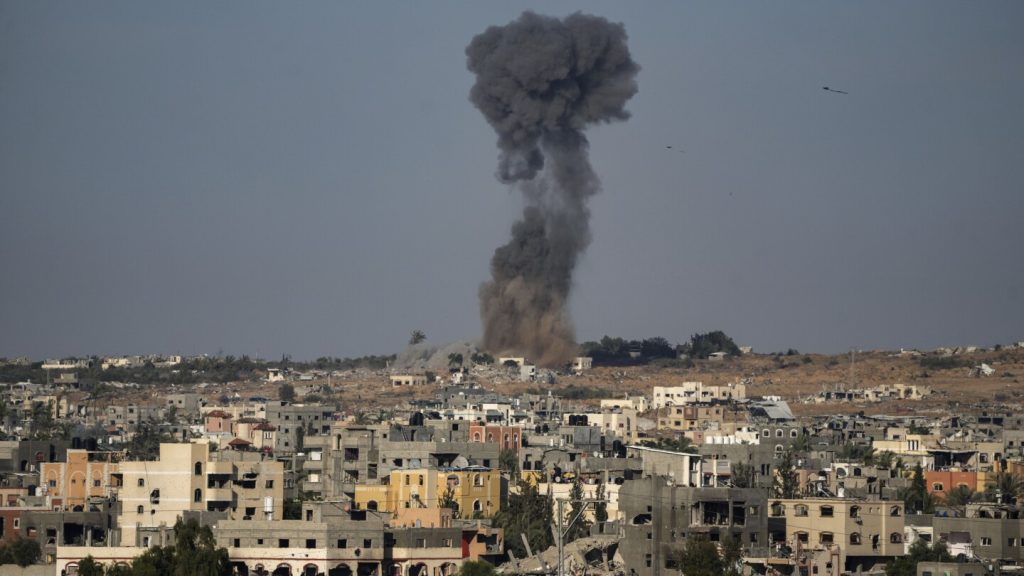Chile has taken a significant step in supporting a genocide case against Israel that was filed at the International Court of Justice last year. President Gabriel Boric expressed his shock at the humanitarian crisis in Gaza, specifically highlighting the impact on women and children. He criticized the Israeli army for using what he described as “indiscriminate and disproportional” force, calling for a strong response from the international community. This move by Chile aligns with other nations, including South Africa, which have also raised concerns about Israel’s actions.
The large Palestinian community in Chile, numbering around 500,000 people, has played a significant role in shaping the country’s culture and society. Descendants of Christian Arab immigrants, many Palestinians in Chile have established themselves in various sectors, including business and politics. The popularity of soccer team Palestino, whose colors reflect those of the Palestinian flag, showcases the connection between Chile and its Palestinian community. This community’s influence may have contributed to Chile’s decision to support the genocide case against Israel.
Chile’s decision to support the genocide case against Israel places it in a group of nations that includes Mexico, Brazil, and Indonesia, among others. President Boric, known for his leftist views and background as a student leader, has criticized both Hamas’ attack and Israel’s military response. The conflict in Gaza has resulted in a significant number of casualties, with over 35,000 Palestinians reportedly killed. The lack of distinction between civilians and combatants in these numbers raises concerns about the humanitarian impact of the conflict and the need for international intervention. Chile’s stance adds to the growing international pressure on Israel regarding its actions in Gaza.
The genocide case filed against Israel at the International Court of Justice in The Hague by South Africa has sparked a global conversation about accountability for human rights violations. Israel, in response, has vehemently denied the accusations and defended its actions in Gaza as necessary for defense against Hamas militants. The dispute between the two sides reflects the complexity of the situation in the region, where longstanding conflicts and political tensions continue to escalate. The involvement of multiple countries in the case highlights the significance of seeking justice and accountability on an international level.
The support for the genocide case against Israel reflects a broader trend of international cooperation and solidarity in addressing human rights violations. The involvement of countries from different regions and backgrounds underscores the universal importance of upholding human rights and condemning acts of violence and aggression. The role of the International Court of Justice as a platform for addressing such issues demonstrates the value of international law and institutions in promoting justice and accountability. As the case progresses, it is likely to continue to attract attention and scrutiny, shaping global perceptions of the conflict and the parties involved.
In conclusion, Chile’s decision to join the group of nations supporting the genocide case against Israel at the International Court of Justice marks a significant development in the ongoing conflict in Gaza. President Gabriel Boric’s strong stance on the issue, coupled with Chile’s large Palestinian community and history of activism, highlights the country’s commitment to human rights and justice. The international response to the case reflects a growing momentum in seeking accountability for human rights violations and promoting peace in conflict-affected regions. As the case unfolds, it will be important to monitor the legal proceedings and outcomes, as they may have far-reaching implications for the region and the broader international community.


